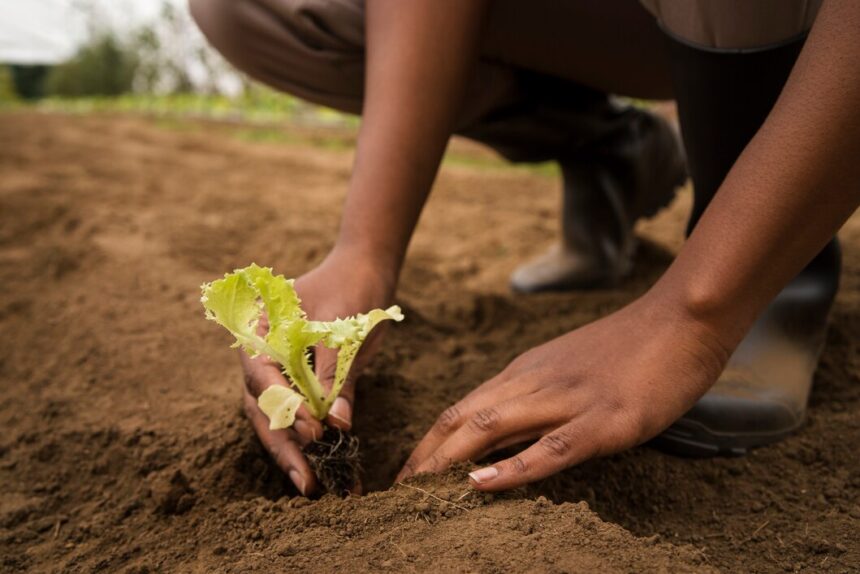Artisanal farming plays a significant role in South Africa’s agricultural landscape, promoting sustainable practices, preserving biodiversity, and enhancing local economies. As consumers increasingly demand locally-sourced, high-quality products, artisanal farmers must optimize their techniques to improve efficiency, yield, and sustainability. Here are ten ways to enhance artisanal farming practices in South Africa:
1. Adopt Agroecological Principles
Implementing agroecological principles involves designing farming systems that work in harmony with nature. This includes crop rotation, intercropping, and companion planting, which can enhance soil health, reduce pests, and increase biodiversity, leading to more resilient farming systems.
2. Utilize Indigenous Knowledge
South Africa is rich in indigenous knowledge regarding local crops and farming practices. By incorporating traditional farming techniques and crop varieties that have adapted to local conditions, artisanal farmers can enhance resilience to climate change and improve food security.
3. Implement Organic Practices
Transitioning to organic farming can lead to healthier soil, increased biodiversity, and higher market prices for products. Farmers should focus on organic pest control, natural fertilizers, and sustainable soil management practices to minimize the use of synthetic chemicals.
4. Invest in Soil Health
Healthy soil is the foundation of successful farming. Techniques such as cover cropping, composting, and reduced tillage can enhance soil fertility, structure, and microbial diversity. Regular soil testing can also help farmers understand nutrient deficiencies and make informed amendments.
5. Practice Water Conservation
Water scarcity is a significant challenge in many parts of South Africa. Artisanal farmers can optimize water usage by implementing rainwater harvesting systems, drip irrigation, and mulching to reduce evaporation. These practices help conserve water and ensure crops receive adequate moisture.
6. Utilize Integrated Pest Management (IPM)
IPM combines biological, cultural, and chemical practices to manage pests in an environmentally sound manner. Farmers should monitor pest populations and apply preventative measures, such as introducing beneficial insects and using organic pesticides, only when necessary.
7. Enhance Crop Diversity
Diversifying crops can improve resilience against pests, diseases, and climate fluctuations. By growing a variety of crops, farmers can spread risk and ensure a more stable income throughout the year. Crop diversity also promotes soil health and increases ecosystem resilience.
8. Leverage Technology
Embracing technology can help artisanal farmers streamline operations and improve productivity. Tools such as mobile apps for farm management, precision agriculture, and data analytics can provide insights into crop health, market trends, and resource management.
9. Participate in Local Markets
Building connections with local markets and consumers can enhance the profitability of artisanal farming. Farmers should explore opportunities to sell directly to consumers through farmers’ markets, community-supported agriculture (CSA) programs, or online platforms, allowing them to capture more value from their products.
10. Focus on Continuous Learning and Collaboration
Artisanal farmers should engage in continuous learning through workshops, training programs, and networking with other farmers. Collaborating with agricultural organizations, universities, and research institutions can provide access to valuable resources, knowledge, and support for optimizing farming practices.
Optimizing artisanal farming techniques in South Africa is essential for enhancing productivity, sustainability, and resilience in the face of changing environmental conditions. By adopting innovative practices, leveraging technology, and fostering community connections, artisanal farmers can contribute to a vibrant agricultural sector that supports local economies and promotes food security. Emphasizing sustainability and collaboration will not only benefit individual farmers but also strengthen the agricultural landscape as a whole.
Join 'Farmers Mag' WhatsApp Channel
Get the latest Farming news and tips delivered straight to your WhatsApp
CLICK HERE TO JOIN






